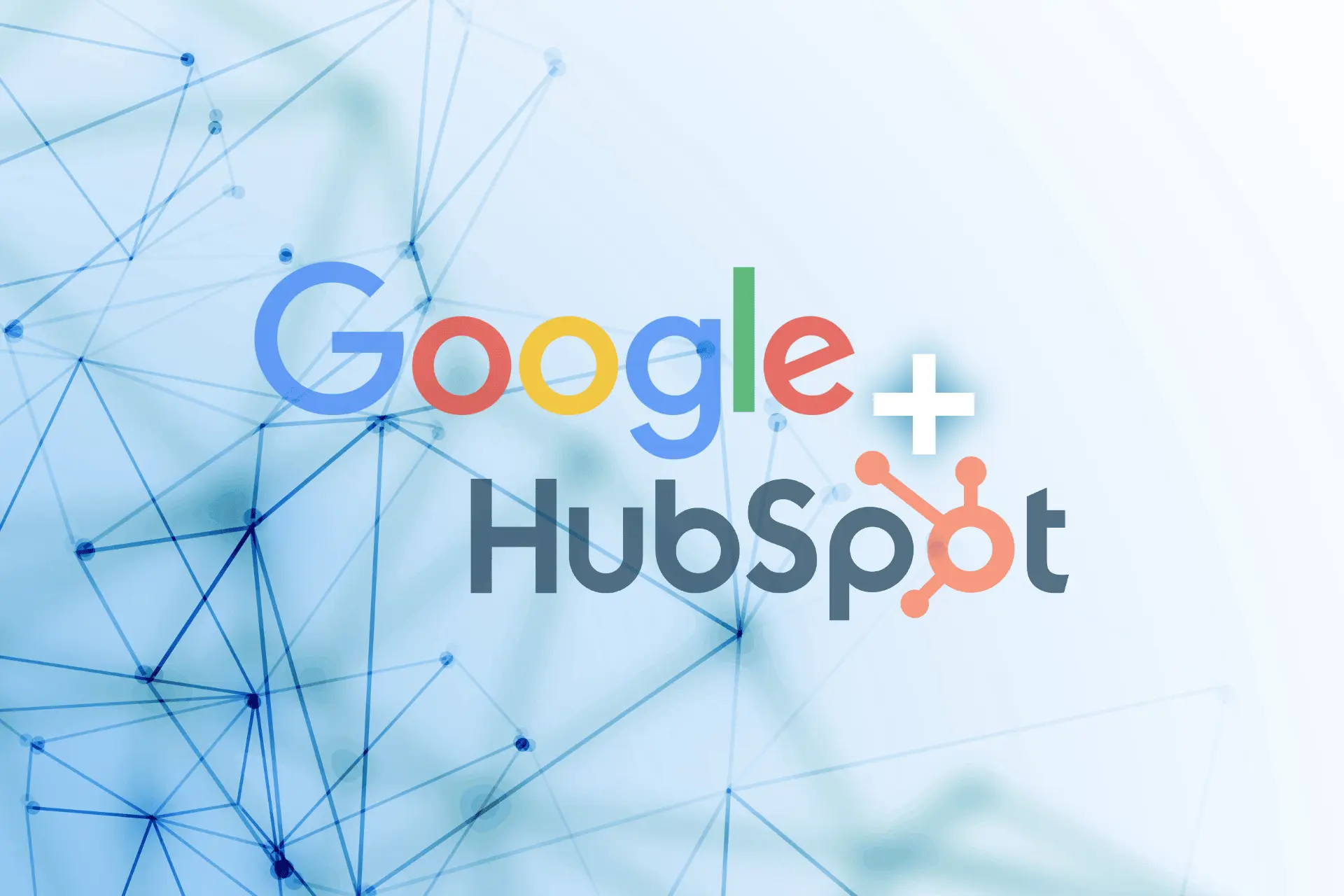The tech world is buzzing with reports about Google’s probable acquisition of HubSpot, a renowned marketing software startup. If approved, this action has the potential to transform the digital marketing landscape completely. If this deal materializes, it could surpass Google’s biggest acquisition to date, which was the $12.5 billion purchase of Motorola Mobility in 2011 for its Android strategy. HubSpot, which became publicly traded in 2014, currently boasts a market capitalization nearing $35 billion.
Let’s look at the probable effects of the deal.
HOW WOULD THE ACQUISITION OF HUBSPOT BY GOOGLE HELP BOTH?
The potential acquisition of HubSpot by Google offers mutual benefits for both entities:
- Strong CRM Platform: HubSpot’s CRM (Customer Relationship Management) software is a popular choice for enterprises since it provides lead nurturing, sales automation, and customer service solutions. With its massive user data, Google could integrate this into its advertising platform to enable hyper-targeted marketing campaigns.
- Enhanced Marketing Capabilities: HubSpot’s expertise in inbound marketing and sales software could complement Google’s advertising and analytics platforms, empowering marketers to engage with customers effectively.
- Broadened Market Reach: With access to Google’s extensive user base, HubSpot could expand its global market presence, particularly among small and medium-sized businesses that rely on Google’s digital marketing tools.
- Streamlined Integration: Integration of HubSpot’s software with Google’s platforms such as Google Ads and Analytics could simplify workflows, providing users with a cohesive experience across multiple channels.
- Accelerated Innovation: Backed by Google’s resources and technological expertise, HubSpot could expedite product development, introducing new features and responding promptly to evolving market needs.
- Competitive Advantage: The combined strengths of Google and HubSpot could establish a formidable presence in the digital marketing arena, fostering innovation and presenting a challenge to industry competitors.
WHAT DOES THIS MEAN FOR MARKETERS?
The potential acquisition of HubSpot by Google could impact smaller marketing software firms in several ways:
- Enhanced Competition: Google’s acquisition may bolster HubSpot’s capabilities, posing increased competition to smaller CRM software providers.
- Market Dynamics Shift: HubSpot’s focus on smaller clients and its significant market share could alter market dynamics if integrated with Google’s resources, prompting smaller players to adjust their strategies.
- Regulatory Scrutiny: Despite experts downplaying concerns about competition, antitrust regulators might scrutinize the acquisition, given Google’s growth through acquisitions and potential impact on market competition.
- Customer Choices: Smaller marketing software companies may need to reassess their offerings and pricing structures to remain competitive in a landscape where HubSpot, empowered by Google’s resources, provides customers with more options.
THE ANTITRUST QUESTION
Regulators are expected to closely examine Google’s acquisition of HubSpot due to antitrust concerns. Google’s dominant position in online advertising could potentially limit competition, especially if it extends to a significant CRM platform. The deal may undergo investigation to ensure it doesn’t harm market competition or unfairly disadvantage competitors.
LOOKING AHEAD
The Google-HubSpot deal has not yet been verified, but the implications are huge. Marketers should monitor the deal’s progress and how it may affect their tactics.
This is just the beginning of the discussion. As more information becomes available, we can anticipate further examination of the deal’s influence on the future of digital marketing.


